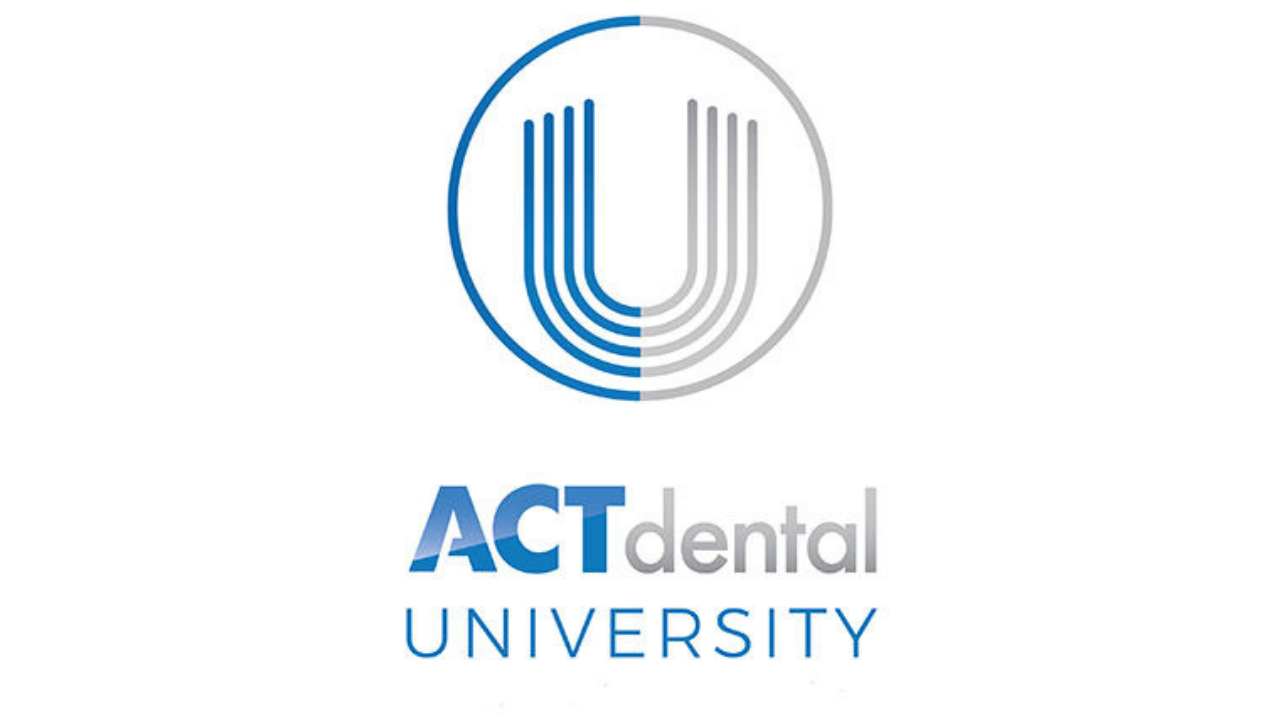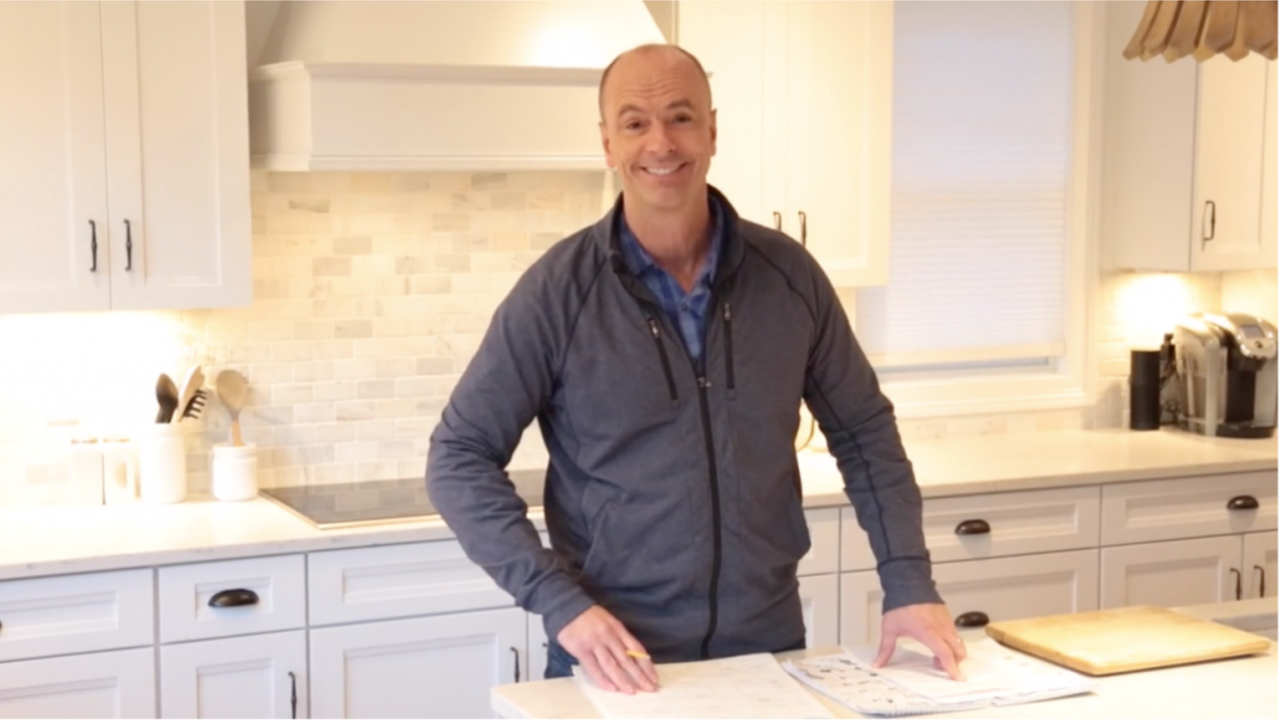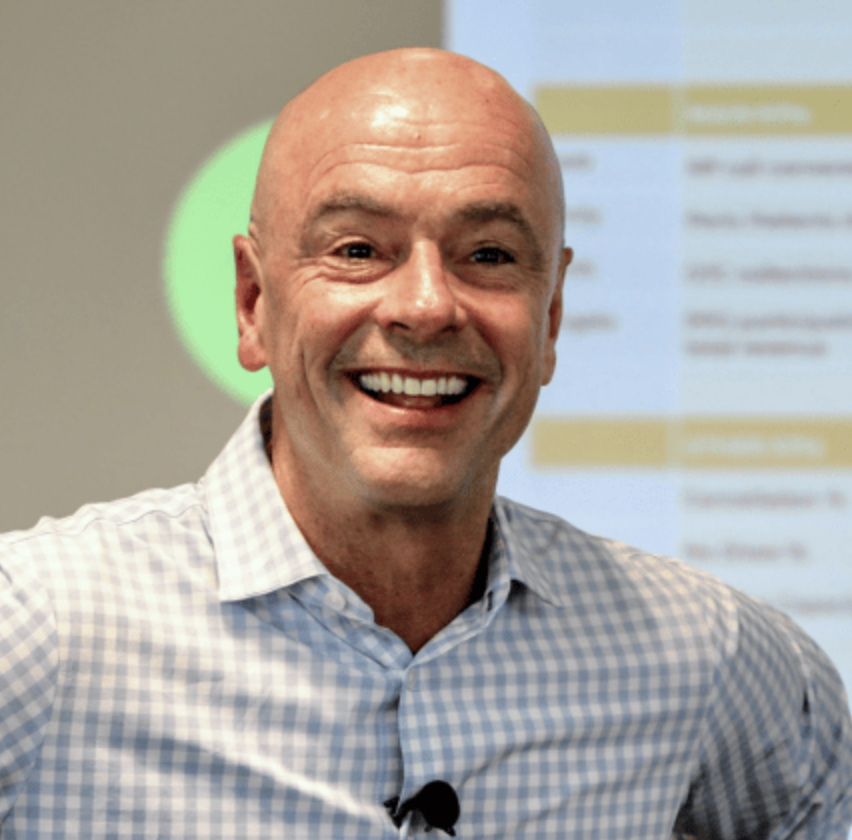Most dentists want a great team of people who are committed and engaged with the work that they do, but few dentists actually achieve this goal. Many dentists are too busy managing their practice and focusing on patient care to actually invest time into cultivating an engaged team, but this seldom works out well in the long run. Even though it’s challenging to find the time to support your team members and increase engagement, it’s worth it when you consider how much more productive your practice will be. You can work towards this goal of increased engagement by focusing on one simple thing: communication rhythms.
Communication rhythms are regularly established sessions where team members are brought together to get on the same page. These meetings are structured, scheduled and consistent so that every member of your team knows exactly what to expect. During meetings, you will discuss patient care and practice care with your team members in a structured forum that is designed to provide clarity and improve communication within your practice.
Team Huddles And Weekly Meetings
I usually recommend that dentists conduct a daily huddle to discuss patient care and a weekly meeting to discuss practice care. A daily huddle can be done in just 15 minutes and should be wrapped up before your practice opens for its first appointment of the day. It’s a way to get everybody on the same page instead of just coming to work and jumping into the first appointment. A really great practice that cares about their patients and communicating clearly gives their team members sufficient time to prepare before the first patient comes in. They know what’s going to be happening and they have time to get ready for the day.
A weekly meeting is a more in-depth run-down of everything that’s going on at the practice and many include information and data intended to inform your team. You can ask representatives from different departments to conduct their own presentation, but the meeting should follow a consistent pattern every time. These weekly meetings are usually about two hours long and have an organized structure where you talk about numbers and priorities and review systems. For successful team meeting rhythms, you have to establish a standard meeting structure, prioritize clear and consistent communication and reinforce boundaries and values with your team.
Structuring Your Meetings
So, why is structure so important in meetings and huddles? It’s way too easy for these team meetings to become gripe sessions where your team members complain about issues or concerns without doing any problem-solving or productive communication. It’s essential that you establish boundaries for your meetings and go over them on a regular basis so that your team members know how to navigate meetings respectfully and productively.
In addition to the regular rhythm of your meetings, it’s important to focus on clarity when you’re meeting with your team. It’s important to be kind to your team members, but you should never tip-toe around boundaries, concerns or requirements for fear of making your team uncomfortable. It is always better to be clear than it is to be nice. Even though it might be difficult to lay down expectations in the moment, your team members have to know what’s expected of them in order to succeed.
Clear Communication And Intentional Leadership
Verbal communication is important, but you should also prioritize written communication within your practice. The most fatal assumption with communication is to assume that it’s occured. It doesn’t matter that you said something, what matters is that your team members heard you and retained that information. Oftentimes, people have a hard time retaining information that they received verbally, so you should plan on reiterating the information you go over during your meetings in a written format. This will increase the information’s impact on your team and boost retention.
In addition to considering the content of your meetings and the quality of your communication, it’s important to think about the scheduling of your meetings. When you establish team meetings, they should be done in the midweek or first part of the day to maximize the efficiency and team engagement. When you do a meeting at lunch time or at the end of the day, people’s energy is low and the meetings often don’t start on time or end on time. When you consistently schedule meetings during busy times of the day or skip meetings due to scheduling constraints, that screams to the people around you that these meetings are not important.
As a leader, your job during meetings and huddles is to facilitate communication and establish boundaries. Your team members should always know exactly what the expectations are so that they can succeed in their roles at your practice. I like to have some type of a checklist for every meeting, no matter what it is we are we going to be talking about. If you don’t lay out your plan for the meeting and your expectations, these meetings naturally become gripe sessions which are exhausting for everybody. Instead, you should address problems that your practice is working on, but focus on the changes that are occurring to make things better.
During your team huddles and weekly meetings, there can’t be any disruptions, there has to be a structure and you have to find a way to celebrate positively. Communicating clearly with your team members is all about constantly reinforcing principles and values and celebrating your team in positive ways. Maintaining this balance and establishing a meeting rhythm is challenging, but it’s worth it for a more coordinated and engaged team.
Categories

Get access to the best dental educators on the planet to bring you "best practices" and help you become the dentist you were called to be. Watch what you want, when you want it. It's 24/7 on-demand access. Friday's we host "Master Classes" with the very best dental speakers you will ever see.

Reserve your spot at the next ACT Dental Master Class
Learn From One of the Best Educators During Our BEST PRACTICES MASTER CLASS Experience.
Kirk Behrendt
Kirk Behrendt is a renowned consultant and speaker in the dental industry, known for his expertise in helping dentists create better practices and better lives. With over 30 years of experience in the field, Kirk has dedicated his professional life to optimizing the best systems and practices in dentistry. Kirk has been a featured speaker at every major dental meeting in the United States. His company, ACT Dental, has consistently been ranked as one of the top dental consultants in Dentistry Today's annual rankings for the past 10 years. In addition, ACT Dental was named one of the fastest-growing companies in the United States by Inc Magazine, appearing on their Inc 5000 list. Kirk's motivational skills are widely recognized in the dental industry. Dr. Peter Dawson of The Dawson Academy has referred to Kirk as "THE best motivator I have ever heard." Kirk has also assembled a trusted team of advisor experts who work with dentists to customize individual solutions that meet their unique needs. When he's not motivating dentists and their teams, Kirk enjoys coaching his children's sports teams and spending time with his amazing wife, Sarah, and their four children, Kinzie, Lily, Zoe, and Bo.
RECENT POSTS
876: The Kois-Coachman Digital Dentistry Event & The IntraOral Scanner Festival – Dr. Christian Coachman
April 18, 2025
Rest Isn't A Reward, It's A Requirement!
April 14, 2025
Data Snapshot: # of Office Days Open
April 11, 2025
Weather Any Storm: The Power of Focus
April 07, 2025
871: Metric Mondays: Gross Profit Percentage: The Health Indicator of Your Practice – Dr. Barrett Straub
April 07, 2025
Embrace Conflict to Unlock Trust
April 04, 2025







